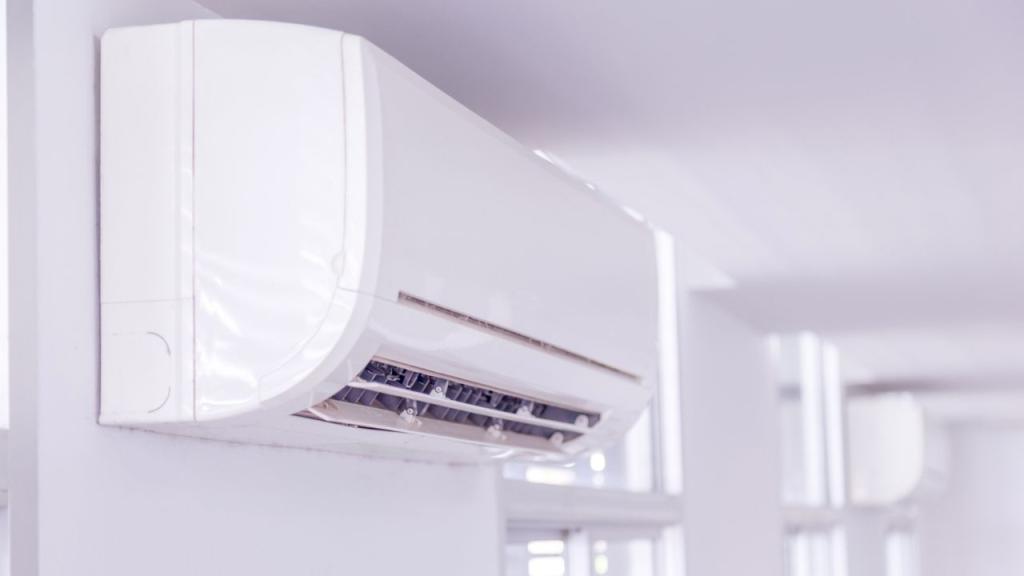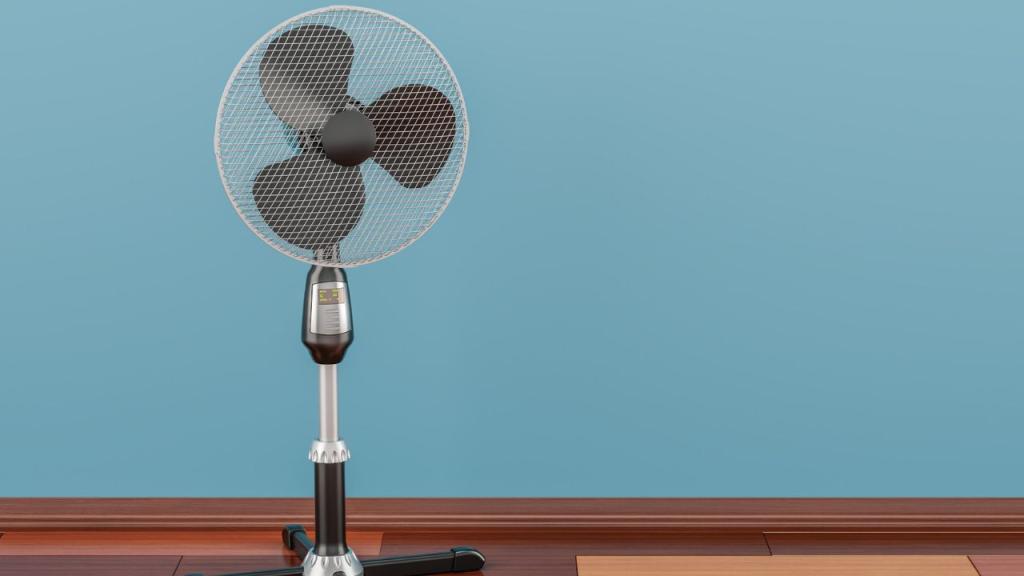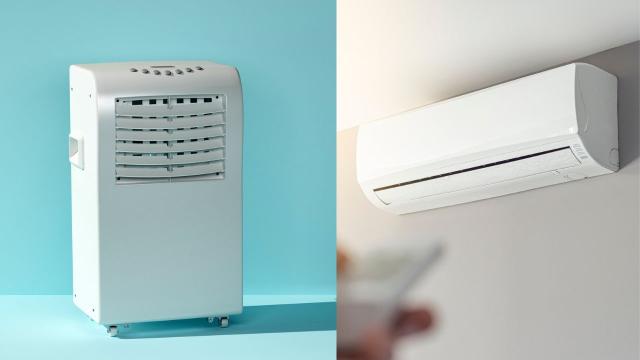Things have been getting hot (really hot) across Australia lately. Energy usage is skyrocketing as we all fire up our fans and air conditioning units to try and beat the summer heat, which even prompted the government to issue warnings so we wouldn’t overload the power grid. Energy bills have also seen a significant rise this year thanks to inflation, so we’ve taken a look at the best ways to stay cool and save money this summer season.
Here are some tips from a variety of experts on the top energy-efficient cooling systems to use on those blistering hot days.
What are the best energy-efficient air conditioning systems?

When it comes to cooling a single room, Colin Jones, Category Expert from Appliances Online, recommended a portable air conditioner system, something like the Rinnai 4.1Kw. These systems can be self-installed, are easily moveable, and don’t need a technician.
Next are window unit air conditioners, which are best for cooling one specific room regularly. These are typically powered by a plug and lead like another appliance and can often be plugged into a standard Australian power source of 10Amp. However, Jones recommends not using extension cords.
“If your unit has a larger kilowatt rating (i.e. 6.0kW or bigger), it will come with a 15Amp plug-in-lead cord attached. If you do not have the required power source, you will need a licenced electrician to complete this installation,” Jones explained.
As per Compare the Market research on air conditioner running costs, a window box system will cost an average of $292.20 total over the summer months (based on a Brisbane home with an electricity usage of 30c/kWh).
If you’re looking at a more permanent air conditioning system, Jones said split systems are better for cooling (or heating) large spaces or multiple rooms simultaneously.
“Typically, reverse-cycle split systems provide strong performance and require professional installation by a licensed technician,” Jones said.
These systems can vary largely in terms of cost to run. Compare the Market research indicates that a small 2.5kW reverse split unit with a 4.5 energy star rating can cost you $150.30 over the whole summer. In comparison, a medium unit (5.0 kW, 4.5 stars) is expected to cost around $303.60, while a large reverse split unit (8.5kW, 3 stars) is over double that at $713.40 for the summer period.
A ducted air conditioning unit (which will generally need to be included in your house during construction) is expected to cost $439.80 over the summer period, according to Compare the Market.
Now, let’s talk about fans. Jones said that area fans are ideal as a cost-effective cooling system for specific rooms, that eliminate the hefty costs of extensive A/C installations.
Research from Compare the Market also indicates that fans are the more cost-effective cooling system to use, as they only cost a few cents per hour to run. Experts at Origin Energy said ceiling fans can be as cheap as 2 cents an hour to run!
How to save money on energy bills during summer

Now, whether you have air conditioning, a fan, or nothing at all installed in your home, there are some general tips that the experts suggest you take on board to keep cool during the summer:
- Head of Energy at Compare the Market, Meredith O’Brien, said, “Every degree cooler you set the temperature can add up to 10% more to your electricity usage.” According to this research, the ideal temperature to set your device to is 25-27°C. Research from Origin Energy also suggests that every degree under 24°C uses 5-10% more energy.
- If your home has solar power, the experts at Compare the Market suggest you run the air conditioner during the day, while your system is generating power. However, if you have a solar battery, you may be able to store solar power and use it at night for your air conditioner.
- If your home is one with a lot of windows that let light in, the Compare the Market team said shutting your blinds, curtains, doors and windows and investing in outdoor awnings can help to keep the warmth out.
- Experts at Appliances Online and Compare the Market agreed that cleaning your air conditioning unit is key. Consider units that are easy to clean, as not cleaning your unit or replacing filters regularly can affect how long your cooling system lasts.
- A Compare the Market spokesperson also suggested covering outdoor A/C compressors with shade so that they don’t have to work harder to cool.
- If you’re using a pedestal fan, the folks at Origin Energy suggest setting it near a window so it can push cool air through your home.
- Appliances Online suggest you look for A/C models with timer settings, which will allow you to monitor usage and how long your unit runs for.
- If you’re leaving your house for an extended period of time, the Origin team recommend you switch all appliances off at the wall or install smart plugs that help you control electricity switches from your phone while you’re out.
And those are all the top tips we can gather to help you survive this sweltering summer. We hope they help you to stay cool.
If you’d like to bookmark our heater comparison for the upcoming winter, you can find that here.
Lead Image Credit: iStock

Leave a Reply
You must be logged in to post a comment.